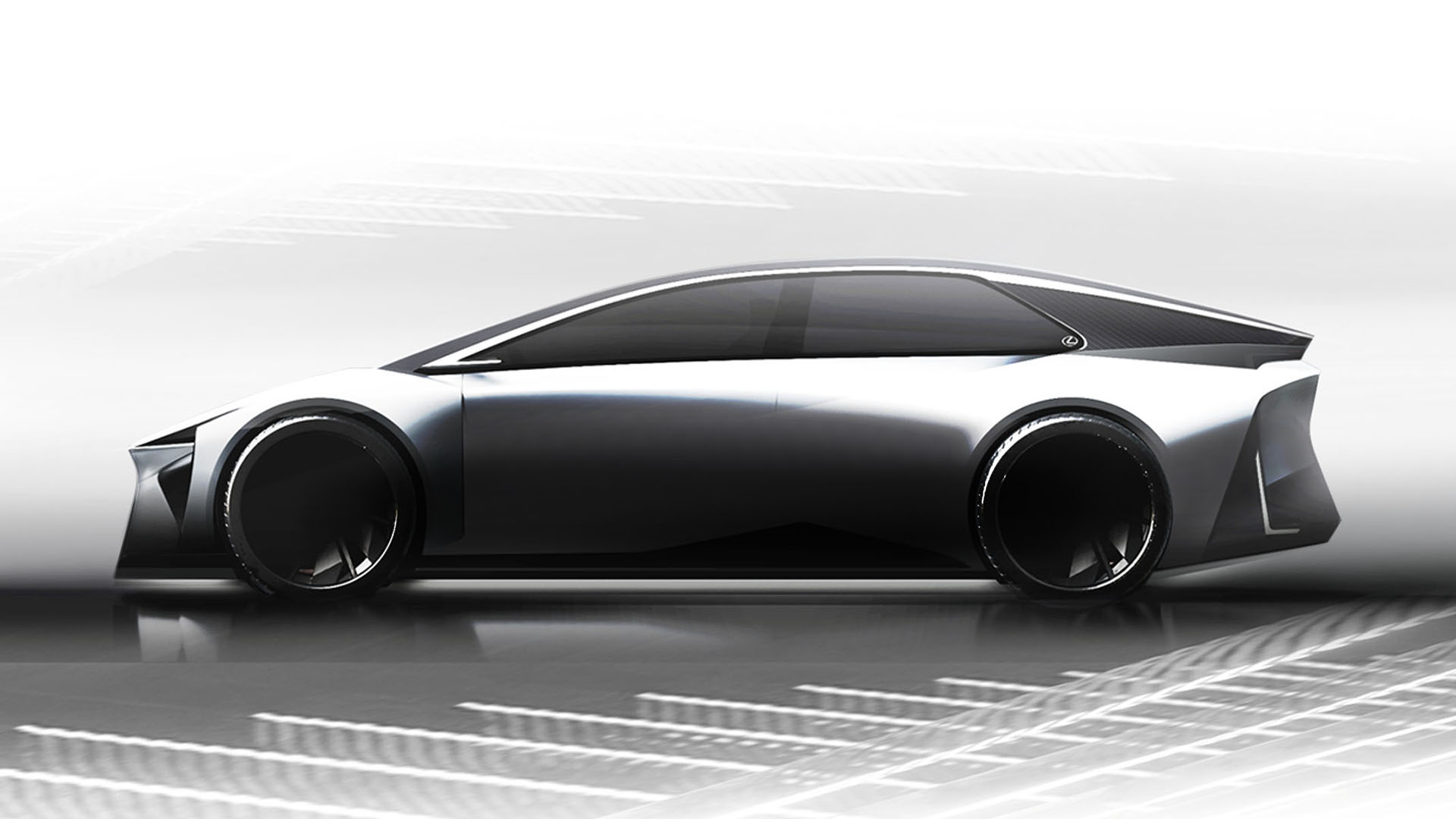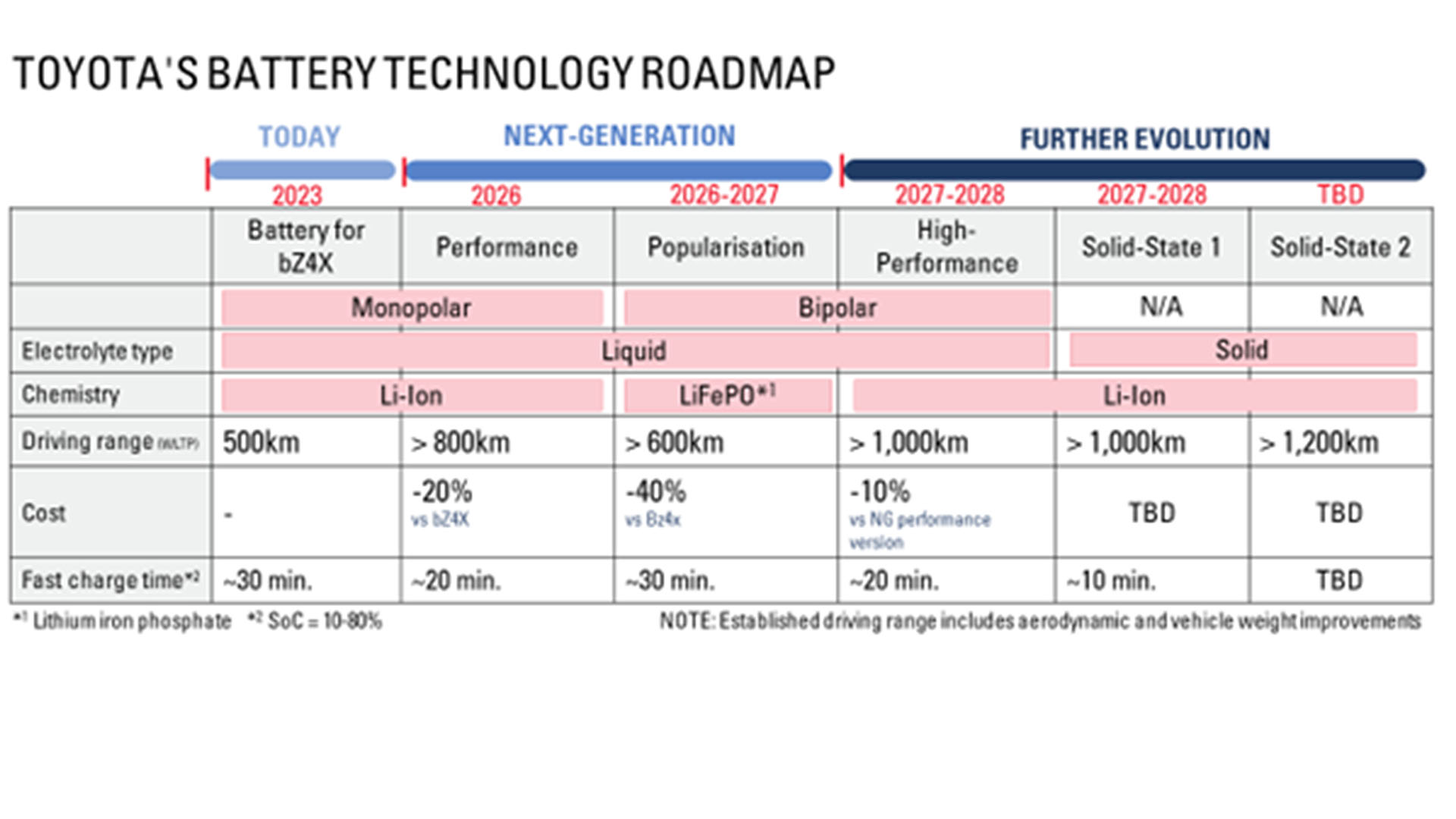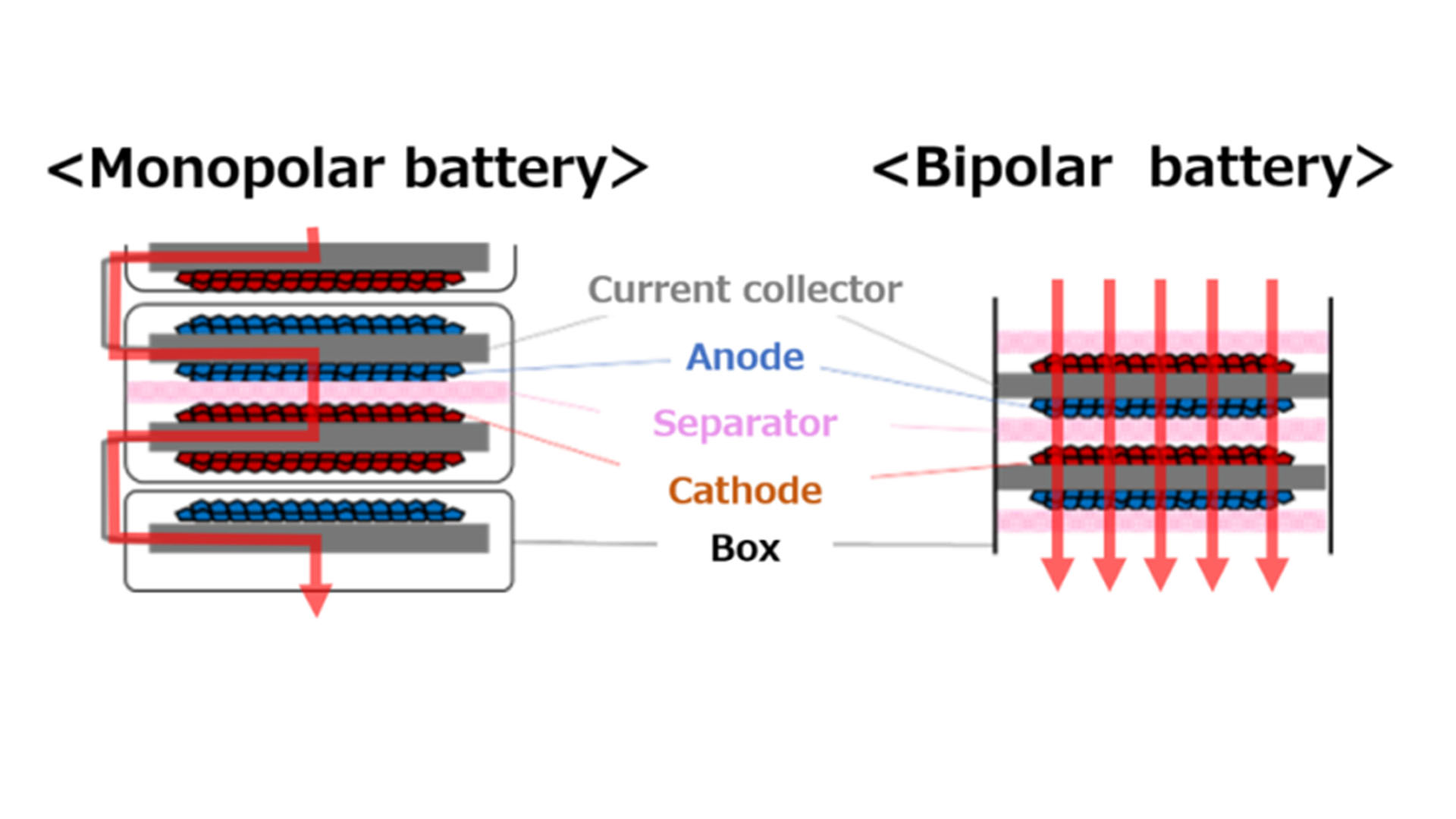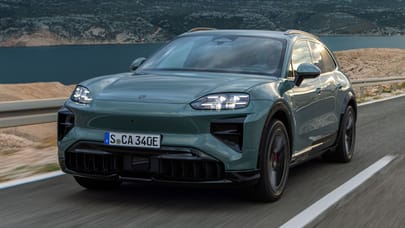
Toyota makes solid-state breakthrough in broader battery evolution
Getting battery weight down, cells energy-denser and costs cheaper are the driving priorities for car makers
Toyota has made a breakthrough in its development of solid-state batteries. The Japanese car maker reckons it won’t need to compromise on shorter battery life – a typical trade-off – when it puts its new solid-state batteries into mass production in 2027.
As the manufacturer says, "solid-state batteries have long been regarded as a potential game-changer for battery electric vehicles" (BEVs). Currently, a liquid electrolyte carries the electrons from the cathode to the anode and vice versa. While Toyota doesn’t specify the material they use, generally "solid-state" means the electrolyte is gel-like.
Typically, a gel-based electrolyte is considered safer (more stable). Not only that; the gel enables ions to move more quickly. A solid electrolyte also has a better tolerance for higher voltages and temperatures. That’s great news for rapid charging, which Toyota calculates will be less than 10 minutes for a 10-80 per cent state of charge (SoC) using these new solid-state batteries.
Other advantages include a 20 per cent increase in driving range (roughly 620 miles) and better durability. Originally planning on sticking them in hybrids first – where the fuel engine could act as a safety net in the event the battery fails – Toyota says it's confident enough to focus on getting these new solid-state cells into BEVs from the get-go.
The brand’s not only made in-roads with solid-state technology. It also outlined a new range of advanced liquid-electrolyte batteries. With these, it’s been able to improve performance, range and fast charging – as well as lower weight and improve aerodynamics. Named Performance, Popularisation and High-performance, all Toyota's new batteries use different chemistries, but the latter two use a new bipolar battery structure (see pictured) to move the needle on all the relevant metrics.
To give context, it reckons the lithium-ion based Performance battery will reduce production costs of the all-electric bZ4x SUV by 20 per cent, increase range to 497 miles (up from 317) and reduce the rapid charging time to less than 20 minutes.
Takero Kato, president of the new production facility, said: “We will need various options for batteries, just as we have different types of engines. It is important to offer battery solutions compatible with a variety of models and customer needs.”
Toyota says the next generation models will account for 1.7 million of the 3.5 million BEVs the brand expects to sell globally by 2030.
Top Gear
Newsletter
Thank you for subscribing to our newsletter. Look out for your regular round-up of news, reviews and offers in your inbox.
Get all the latest news, reviews and exclusives, direct to your inbox.










